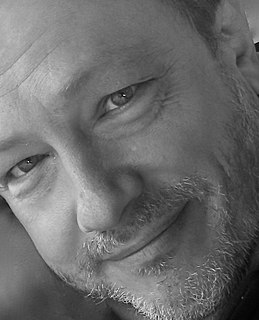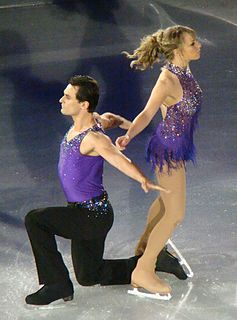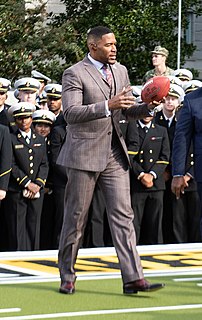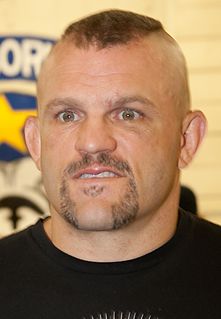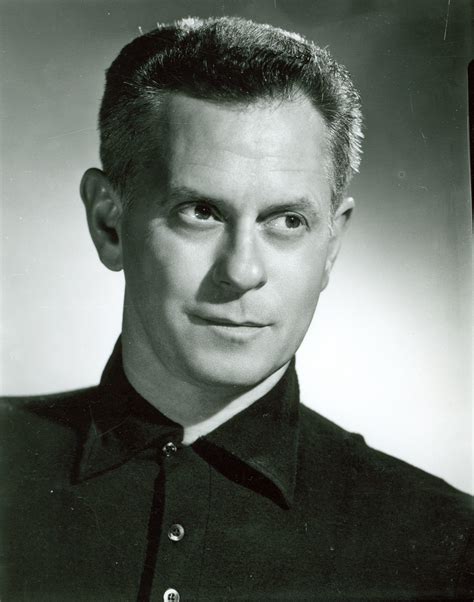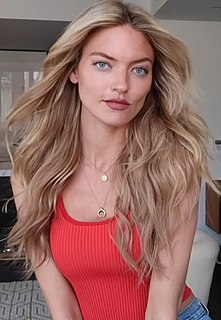A Quote by Marc-Andre Hamelin
My father was a very good amateur pianist, and he had a collection of books on technique. One of the things he had was a small volume of exercises by Rudolf Ganz, in which Ganz mentions the pedagogical work of the Swiss composer, Émile-Robert Blanchet, who wrote a ton of polyphonic exercises for one-hand. These exercises were a great help for finger independence, which I acquired early on. This might have given me somewhat of an edge, a facility to be able to knock any obstacle that was in my way.
Quote Topics
Related Quotes
I hate leg exercises. I hate one-legged squats. I hate the hurdles and the split squats. I hate all the leg exercises. I know they help me, and I'm able to move around and don't have knee problems, and my hip doesn't hurt anymore, but when my trainer tells me I have to do them, I almost feel like my body goes into convulsions.
Religion consists much in holy affection; but those exercises of affection which are most distinguishing of true religion are these practical exercises. Friendship between earthly friends consists much in affection; but those strong exercises of affection that actually carry them through fire and water for each other are the highest evidences of true friendship.
I am sincerely trying now to create a dance technique based entirely upon corrective exercises, created with a knowledge of human anatomy; a technique which will correct physical faults and prepare a dancer for any type of dancing he may wish to follow; a technique having all the basic movements which govern the actions of the body; combined with a knowledge of the origin of movement and a sense of artistic design.
When quite young I can remember I had no thought or wish of surpassing others. I was rather taken with a liking of little arts and bits of learning. My mother carefully fostered a liking for botany, giving me a small microscope and many books, which I yet have. Strange as it may seem, I now believe that botany and the natural system, by exercising discrimination of kinds, is the best of logical exercises. What I may do in logic is perhaps derived from that early attention to botany.
I did a real boot camp once which with The Thin Red Line which was learning military exercises and this was far less strenuous. I really had a blast. We were all kind of thrown into the woods and we didn't have any of the modern conveniences that we take for granted. Learned how to survive without anything.
I try to keep it in a very low impact - I have scoliosis, so exercises can be really hard on my back, whether it's too much running, jumping or boxing. I'll do those things once in a while, but I keep it mostly Pilates, resistance-band based, softer exercises that build strength from inside the muscle.
Every philosophy is complete in itself and, like a genuine work of art, contains the totality. Just as the works of Apelles and Sophocles, if Raphael and Shakespeare had known them, should not have appeared to them as mere preliminary exercises for their own work, but rather as a kindred force of the spirit, so, too reason cannot find in its own earlier forms mere useful preliminary exercises for itself.
